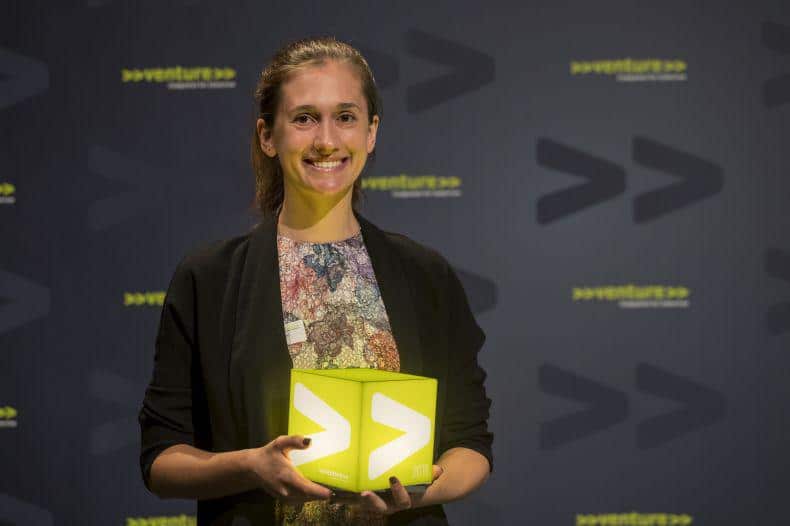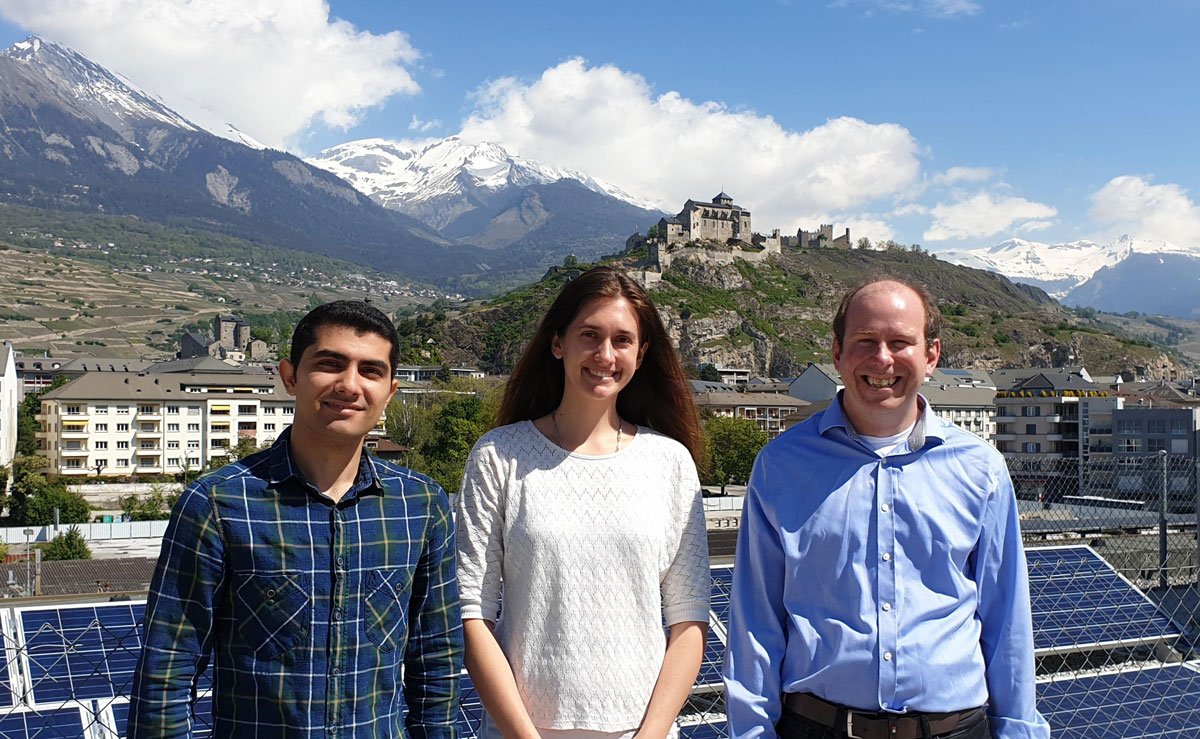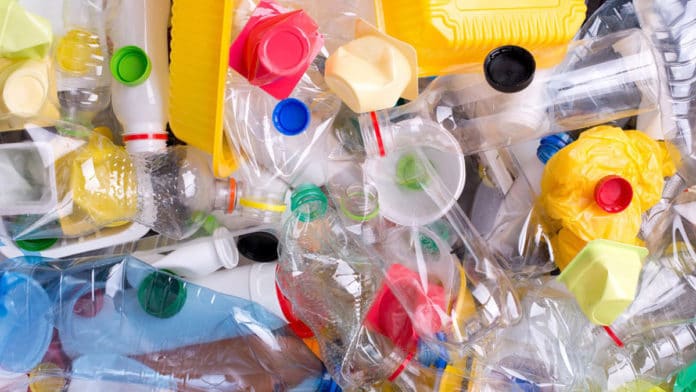Polyethylene terephthalate (PET) is one of the most widely used plastics today. PET bottles are ubiquitous in our day-to-day lives–one has to look around to spot a PET bottle containing mineral water or soft drink or used for other applications.
However, the technology for PET recycling already exists, but the systems are currently out due to several limitations. For instance, there is no real way to create plastic bottles made altogether of recycled PET – probably a portion of the crude materials must be new.
Now, an EPFL based startup named DePoly has come up with a chemical-based method that can effectively recycle PET containers. Unlike existing technologies, it additionally breaks down the plastic into its base compounds.
Samantha Anderson, founder & CEO of DePoly and a Ph.D. student at the Laboratory of Molecular Simulation (LSMO) at EPFL’s Valais-Wallis campus said, “With the new method, PET containers don’t have to be sorted by color, meaning they can all be processed in one batch. The method also works with fabrics like polyester, breaking down old t-shirts, for example, into cotton and PET fibers.”
Scientists named this technique as DePoly as its process involves depolymerizing the PET.

Scientists primarily combined the plastic with different compounds in a reactor and then applied light to the mixture to activate chemical reactions. These reactions break the bonds between the ethylene glycol and terephthalic acid, freeing up the compounds for further use.
Anderson said, “The process results in ethylene glycol in clear liquid form and terephthalic acid as a white powder, which is then easily separable. The process also generates a small number of dyes, additives, and other waste. Anderson will not reveal any more details since a patent for the technology is pending.”

This year DePoly competed in 2019 >>venture>> competition, in the Hardware category, and took home the grand prize. >>venture>> is a Swiss entrepreneurship competition held every year by EPFL, ETH Zurich, McKinsey & Company, Knecht Holding and Innosuisse. Winners receive 150,000 francs and a package of business consulting services. They also join the >>venture>> network to make contacts and boost their visibility.
Professor Berend Smit, head of LSMO, the lab that supported the research said, “DePoly had already received funding from the Swiss National Science Foundation and an Innogrant before winning >>venture>>.
Anderson said, “In November, we will begin building a pilot unit with more capacity than the lab. The unit, located at the Central Valais Waste Treatment Plant in Uvrier, will allow the startup to test and refine its method so that it performs well under industrial conditions.”
“The testing phase will probably last a year. I’m sure chemical recycling methods for PET will eventually hit the market – if not our method, then someone else’s. We aren’t the only ones working on this approach.”
DePoly has also received support from local business incubator The Ark.
